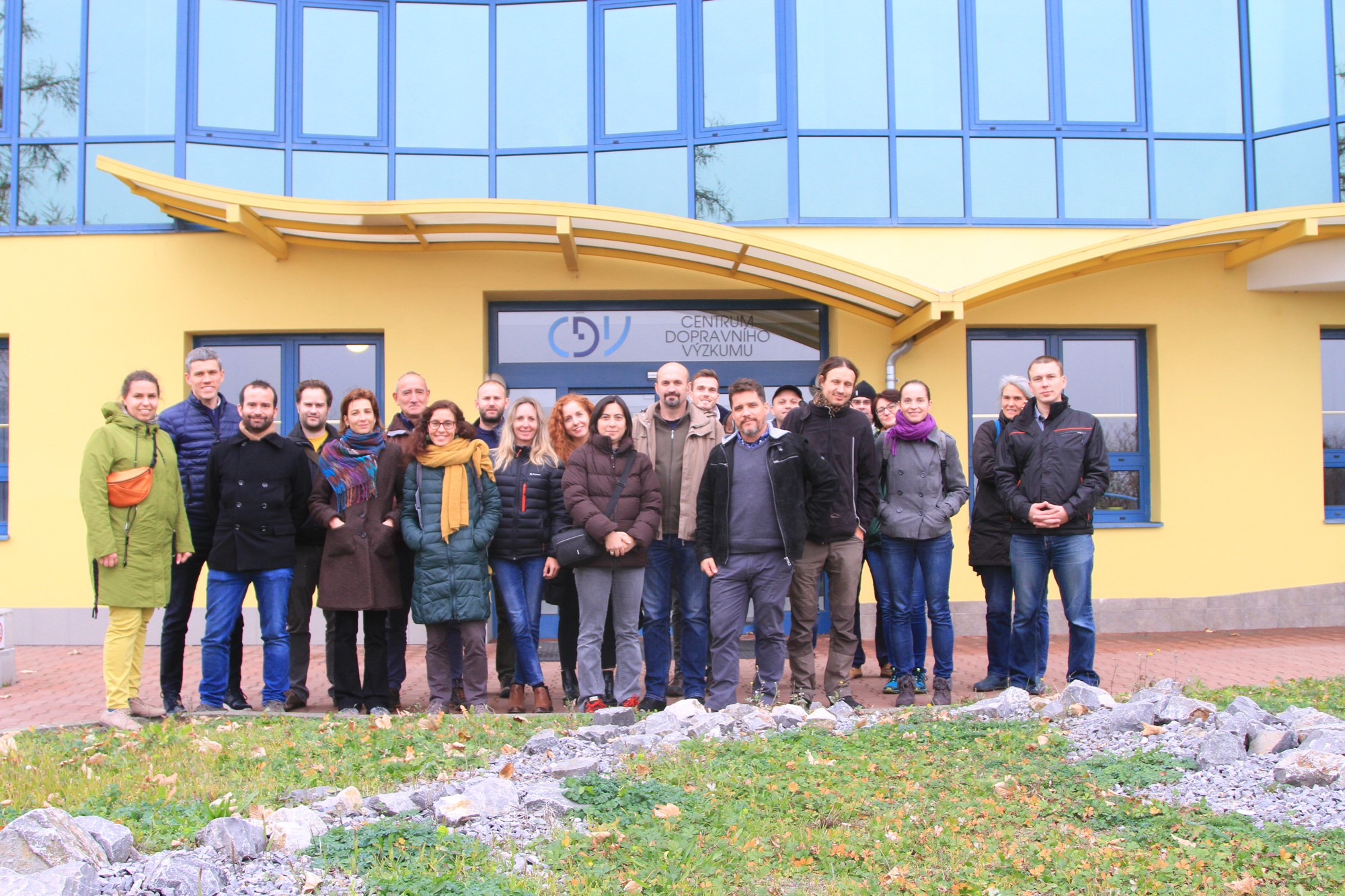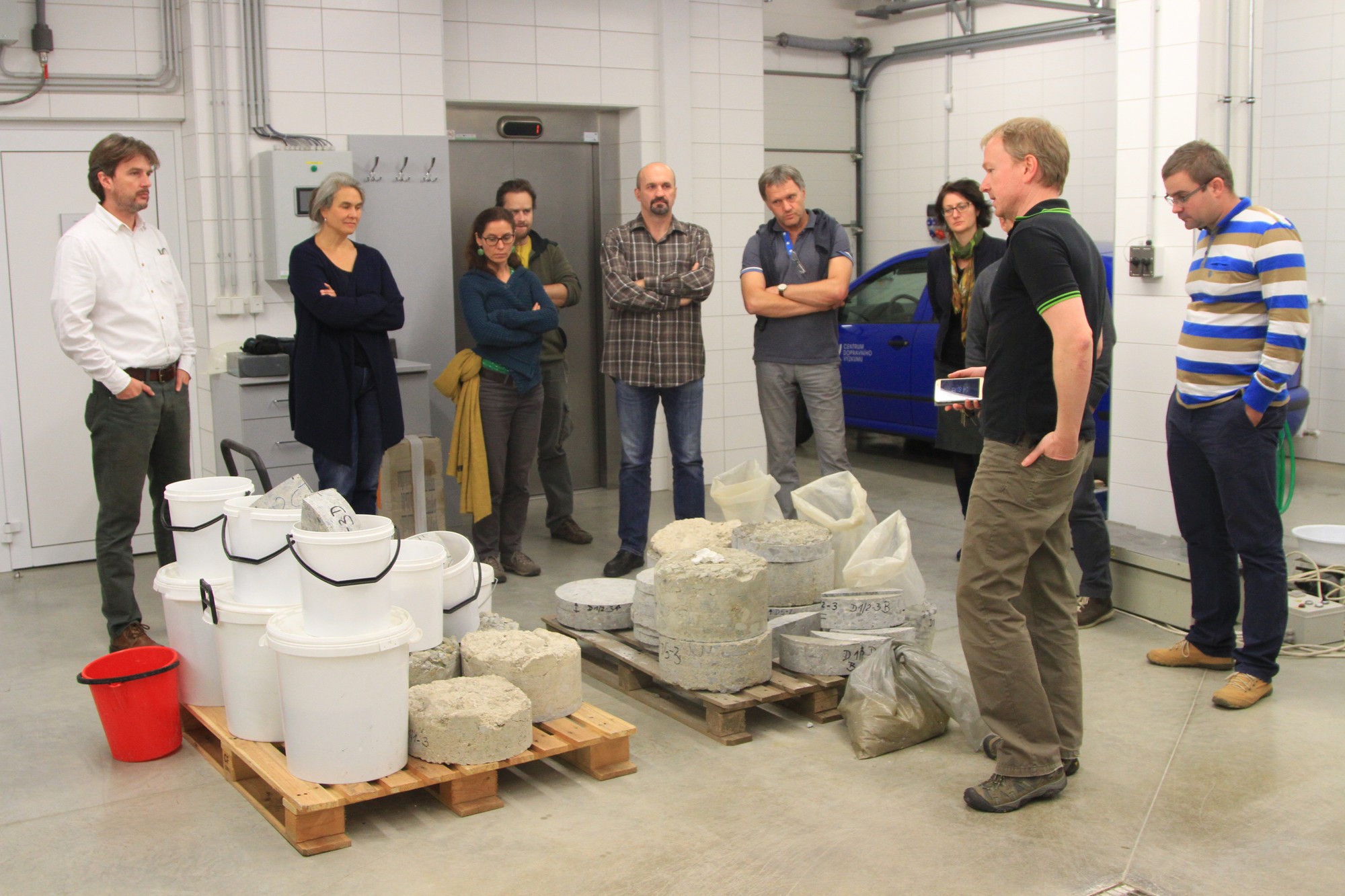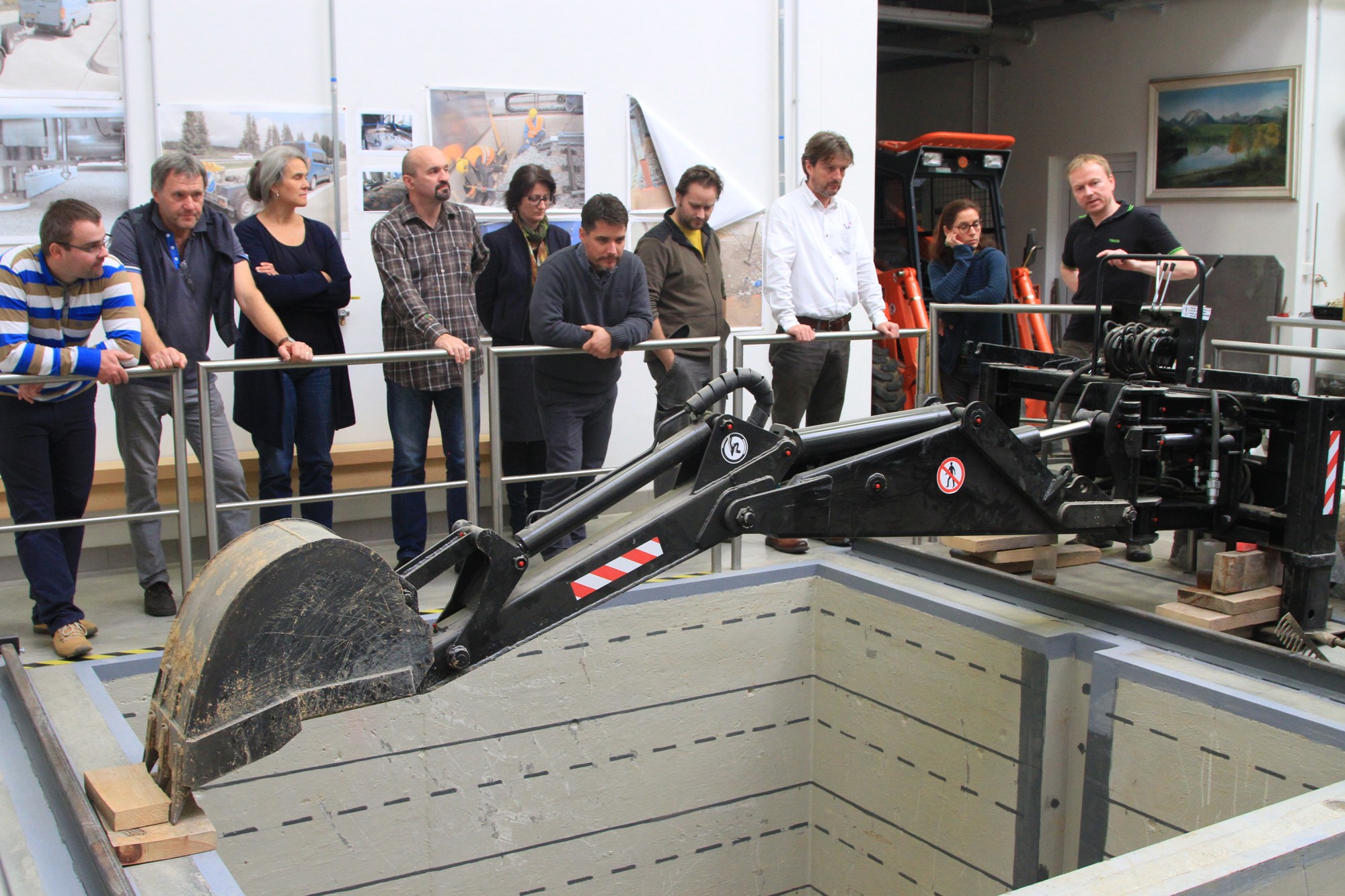TRANSGREEN - Partners prepare for project final stretch: focus on outputs and outreach
14-11-2018
13-14 November, Brno, Czech Republic. Two days of the Project Partners’ and steering committee meeting of the TRANSGREEN project spotted the light on the final deliverables of the project. In the next couple of months one by one the working groups start presenting the different instruments and tools which will significantly help decision makers to integrate environmental practices into transport infrastructure development in Carpathian Countries. Photos (c) Ivo Dostal
The purpose of the meeting is not only to reflect on status of implementation and analyze what is still needed to be done to be able to finalize the various outputs and deliverables, but also how to “sell” the project results to different stakeholders across the region. The special emphasis was put on cross-cutting issues such as creating the side event calendar, policy work plan, communication and design, translation and dissemination of publications.
By the end of 2018 the English version of the Planning toolkit for sustainable integrated transport infrastructure development in the Carpathian Countries has to be finalized with the following translation into local languages. The toolkit consists of:
- Guidelines
- Recommendations
- Environmental Impact Assessment training package
- Scheme for stakeholder participation process
- Tool for roadkill registration
Besides the publications, the online tool Carpathian Countries Integrated Biodiversity Information System CCIBIS will encompass the data from the four pilot areas as well as information from other partners.
After the materials are ready, the number of workshops on EIA (Environmental Impact Assessment) will be conducted in the pilot areas. All the results of the Transgreen project will be presented at the final conference, which will take place in Bucharest on June 25th within the frame of the Romanian EU and EUSDR Presidency.
Besides the planning and working component, the Brno meeting had, according to project tradition, also a learning component. This time participants visited the Transport research center and better understood the technical requirements of infrastructure building.


